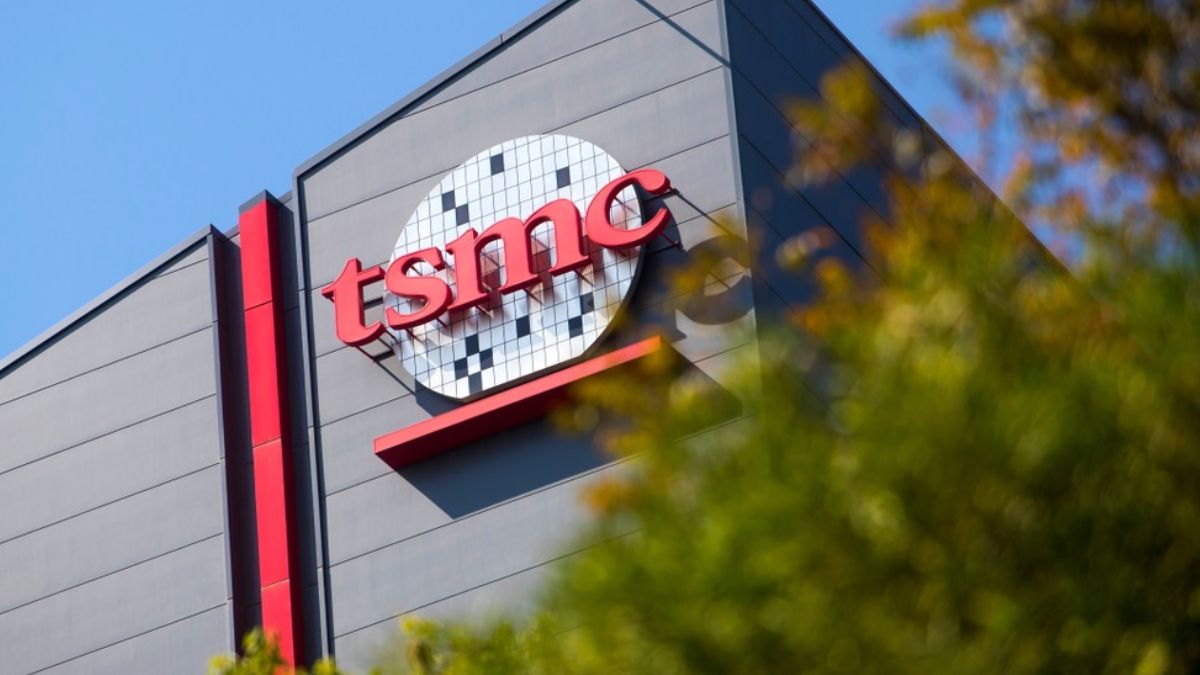Taiwan Semiconductor Manufacturing Company (TSMC) has officially launched a major new chip manufacturing plant in Dresden, Germany, with an estimated total cost of $11 billion. The project, backed by €5 billion ($5.5 billion) in state aid approved by the European Union, is the largest aid award so far under the EU Chips Act and marks TSMC’s first venture in Europe.
The plant, expected to become operational in 2027, is strategically positioned to bolster Europe’s semiconductor supply chain, particularly for the automotive and industrial sectors.
The announcement comes as part of a broader effort by Europe to secure its semiconductor supply and mitigate risks associated with global chip shortages, similar to those experienced during the COVID-19 pandemic. The Dresden plant, located in Germany’s “Silicon Saxony” region, is set to play a critical role in this strategy by providing a reliable source of microcontroller units (MCUs) essential for automotive applications, among other uses.
European Semiconductor Manufacturing Company (ESMC), a joint venture formed by TSMC in collaboration with European companies Robert Bosch, Infineon, and NXP, will oversee the construction and operation of the plant. Each of the European partners will hold a 10% stake in ESMC, and the facility will operate as an open foundry, ensuring access for a wide range of customers, including smaller companies and universities.
The project has been hailed as a “win-win situation” by EU Commission President Ursula von der Leyen, emphasizing the importance of semiconductor access for Europe’s economic stability. German Chancellor Olaf Scholz and Economy Minister Robert Habeck also highlighted the strategic significance of the plant, underscoring the German government’s commitment to supporting its timely completion.
While the Dresden facility will focus on producing slightly less advanced chips than those used in cutting-edge AI applications and smartphones, it will cater to the automotive and industrial sectors, which are crucial to Europe’s manufacturing landscape. TSMC’s CEO, C.C. Wei, noted that the plant would bring the company closer to its European customers, further enhancing the resilience of the region’s supply chain.
This initiative is part of TSMC’s broader global strategy, which includes subsidized projects in the United States and Japan, aimed at ensuring regional chip supplies. The approval of state aid for this project is seen as a significant step forward under the EU Chips Act, following previous grants awarded to STMicroelectronics projects in France and Italy.
Meanwhile, Intel’s proposed €30 billion chip plant in Magdeburg, Germany, remains the largest European semiconductor project still awaiting EU approval. The Intel plant, which would be the only facility in Europe capable of producing the most advanced computer chips, is expected to be completed within 4-5 years after receiving the necessary approvals.

